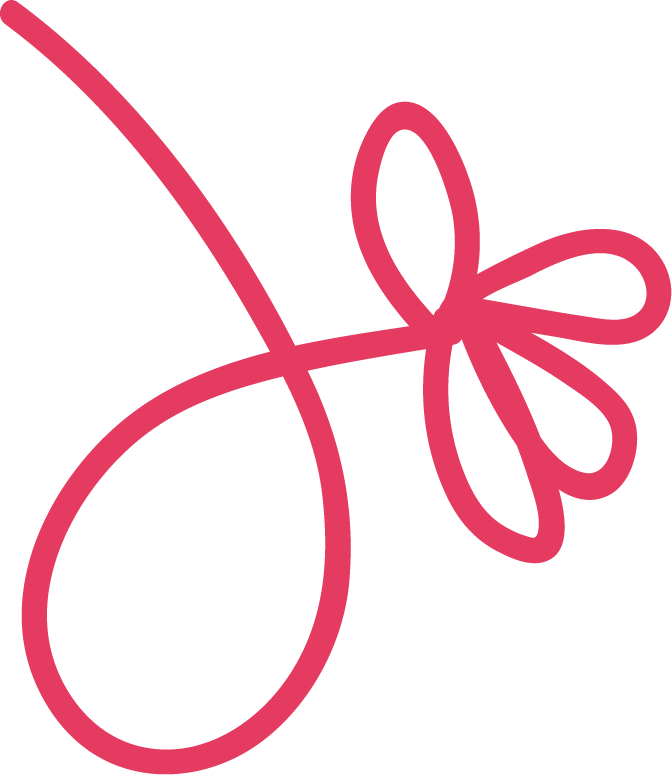Lauren – Members Story of Teenage Diagnosis

My Premature Ovarian Insufficiency (POI) journey started when I was in my teenage years. Before the age of 16, I had never had any problems with my menstrual cycle and everything seemed normal. I had my first period when I was 11 and although they were a little irregular and longer lasting compared to most of my friends I thought this was just down to hormones and puberty, I never thought I would be diagnosed with something like POI. After I had turned 16 I had a menstrual cycle which lasted about 3 months, this was an extremely confusing and frustrating time for me as I didn’t know what was happening. I managed to see a doctor who sent me for some blood tests, I was then diagnosed with Hypothyroidism. This meant that my thyroid gland wasn’t producing enough of the hormone and I had to take tablets to re-balance my thyroid levels, in my case this was down to an auto-immune disease causing my body to attack the thyroid gland. I was then put on the correct medication for this and my period finally stopped. This was such a huge relief and I thought everything was going to go back to normal until my period never came back and I had stopped having them completely. After a number of doctors appointments, hospital appointments, blood tests and ultrasound scans, I was finally diagnosed with POI due to another autoimmune condition and was told that I have a very low chance of having a baby naturally.
I can’t describe how I felt when I was diagnosed with POI at 16, it was definitely not something I was expecting to happen to me. When I was in school we had barely covered the topic of menopause and I never knew that it could happen to girls like me at the age of 16. I had always assumed that I would be a mum in the future and to have this taken away from me so young was devastating.
After my diagnosis I then began a long (and still ongoing) process of treatment and looking at my fertility options. In the first year of my diagnosis I was struggling to cope with a number of side effects of my condition such as mood swings, hot flushes, headaches, fatigue, brain fog, numbing of the arms and legs and much more. During this time I was in my first year of A-Levels and having all of these symptoms was adding on a lot of stress, I was balancing school, work experience and a part-time job and had to try and schedule hospital appointments around all of this. I struggled with high stress levels and anxiety during my school years and still do now at times. For my media A-Level coursework I had to make a short film and so I decided to make a music video based around my POI diagnosis story to help me share my emotions and my journey. If you would like to watch this please follow this link: https://www.youtube.com/watch?v=uq-ZXfy8HZQ
Now I am working a full-time job and still looking at my fertility options. My form of HRT is ever changing and I have hospital appointments every 3 months to ensure that my hormone levels are right and to stay on top of my condition. I will always try and see the funny side of things like my constant mood swings causing my to cry at the silliest of things (such as my cupboard door not closing properly) and the fact that I am going through menopause at the same time as my mum and can relate to her symptoms exactly.
If you are in the process of being diagnosed or have already been diagnosed with this condition then I would encourage you to not give up on hope of becoming a mum. One thing I have learnt over the last four years is that we still have a number of options which will allow us to still have a family even if our children aren’t genetically ours. It has taken me a while to be in this place where I am more comfortable with this situation, don’t get me wrong I still struggle with my diagnosis on a daily basis and I’m not sure it will ever be something I am completely okay with. I remain hopeful that advances in medicine over the next few years will enable me to have my own child in the future. I am surrounded with amazing friends and family who support me every day and I wouldn’t be where I am today without the help of them and my doctors. I hope that after reading my story you feel like you are less alone in this situation. The Daisy Network is a great group to be a part of and I have found it really helpful to gain a better understanding of this condition.
Lauren
